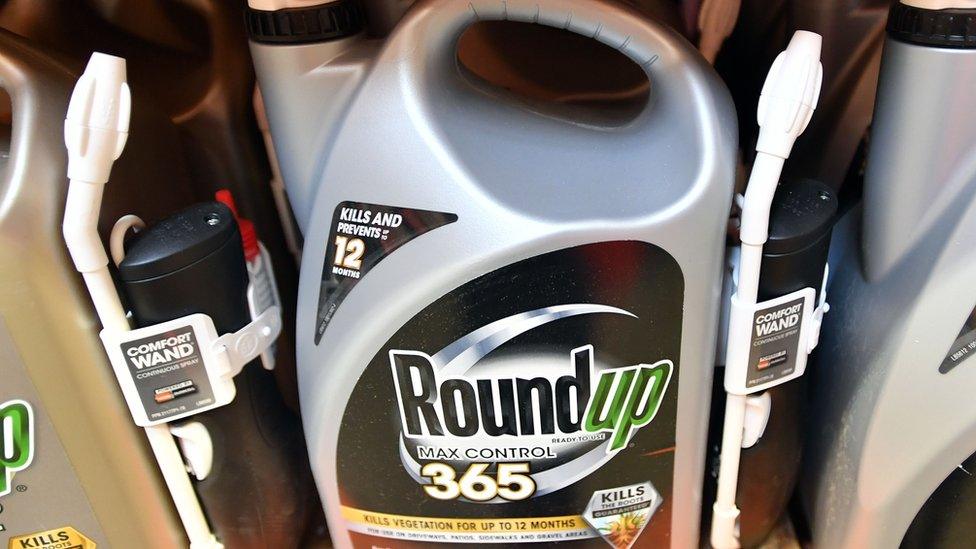Chris Packham urges council to ban weedkiller
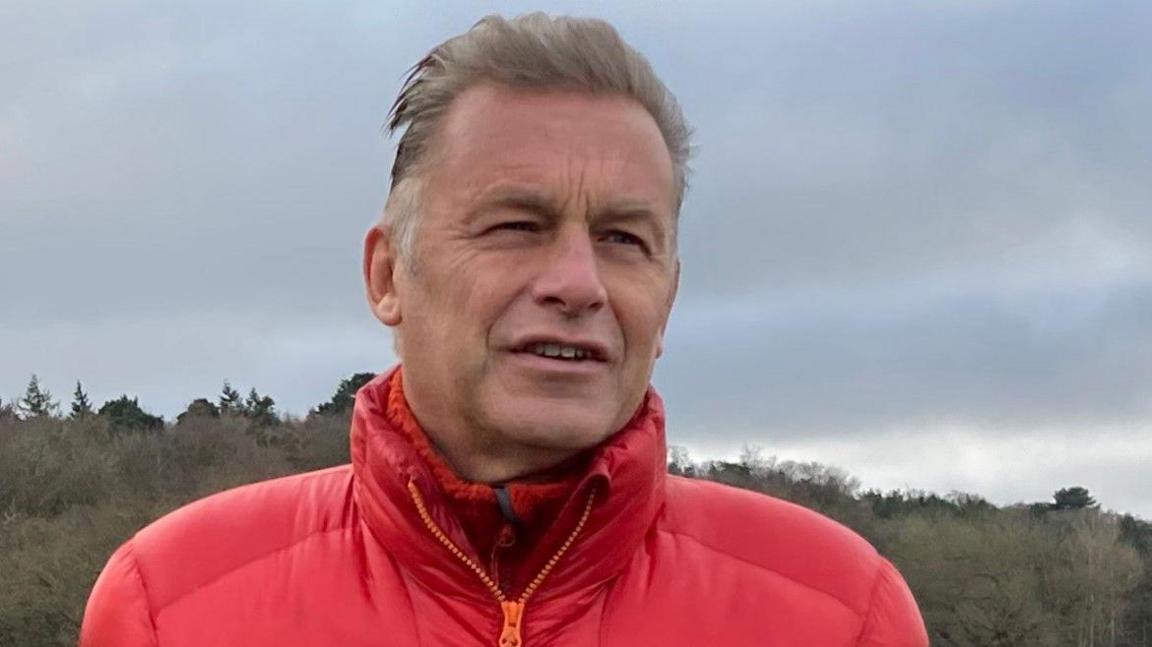
Chris Packham said Dorset Council's use of glyphosate was "mind-boggling"
- Published
TV naturalist Chris Packham has urged a council to ban the use of a controversial weedkiller ahead of a debate about protecting nature.
Dorset councillors are due to discuss a motion to declare a nature emergency but the presenter said the proposals did not go far enough.
In a letter to the authority, Packham said its use of "glyphosate across Dorset’s urban areas is simply mind-boggling".
Dorset Council said it welcomed his interest and urged people to watch the meeting on Thursday evening.
One of the goals listed on the motion is to remove the use of glyphosate and damaging chemicals "where possible".
In his letter, the BBC Springwatch presenter said: "I applaud that Dorset Council has a motion to declare a nature emergency... but to continue using glyphosate across Dorset’s urban areas is simply mind-boggling.
"We know glyphosate-based products have the potential to cause significant damage to human health and to the environment - why take that risk?"
The nature emergency proposal was made by council leader Nick Ireland, with the support of fellow Lib Dems, Labour and Green Party councillors, according to the Local Democracy Reporting Service.
A Dorset Council spokesperson said: "We welcome the interest shown by Chris Packham and others in the debate taking place this evening...
"We encourage residents to follow the proceedings via our website, and listen to the proposals being put forward by councillors later."
Glyphosate was introduced by Monsanto in 1974 but has been used in a number of products by different manufacturers.
In 2015, the International Agency for Research on Cancer, the World Health Organisation's cancer agency, concluded that glyphosate was "probably carcinogenic to humans".
Germany's Bayer AG, which acquired Monsanto in 2018, set aside more than $15bn (£11.7bn) to settle lawsuits alleging its herbicides were linked to non-Hodgkin's lymphoma and other cancers, although it has denied any wrongdoing.
Follow BBC South on Facebook, external, X, external, or Instagram, external. Send your story ideas to south.newsonline@bbc.co.uk, external.
Related topics
- Published15 June 2024
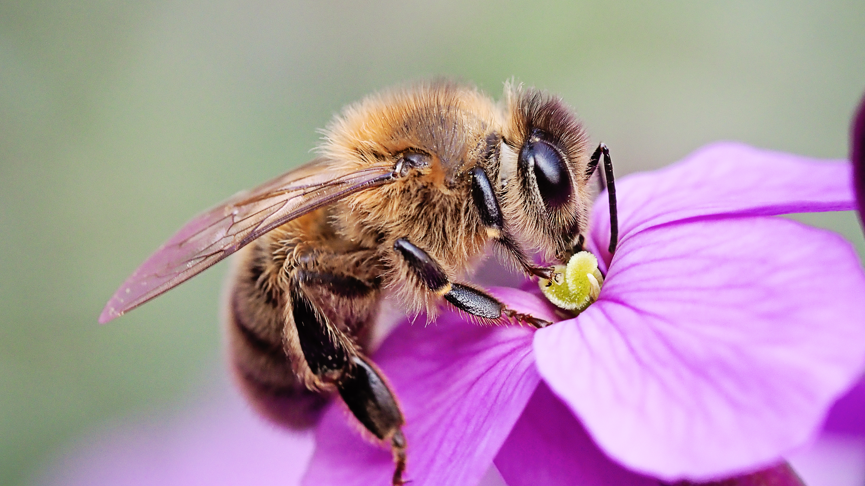
- Published4 June 2024
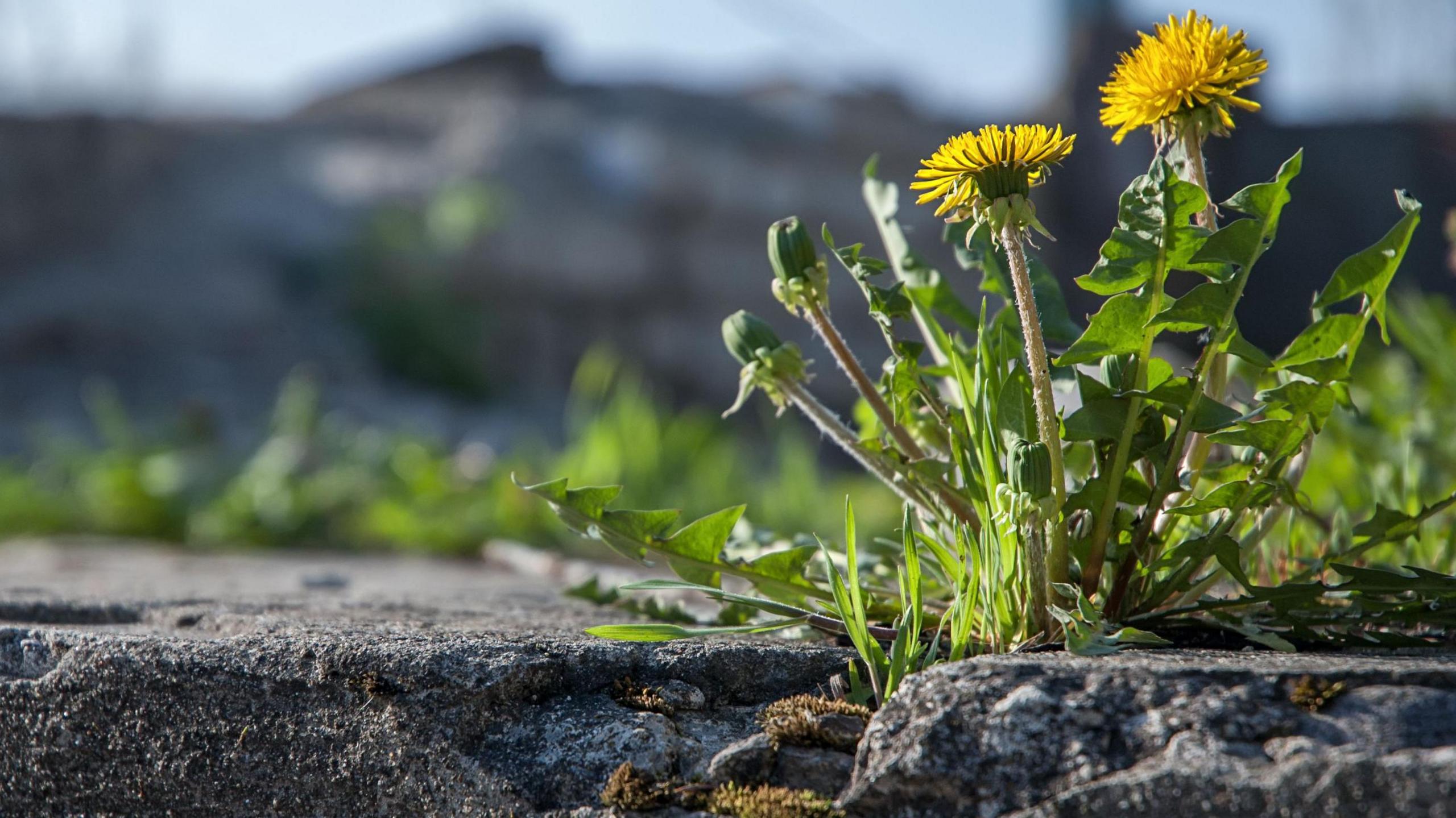
- Published25 June 2020
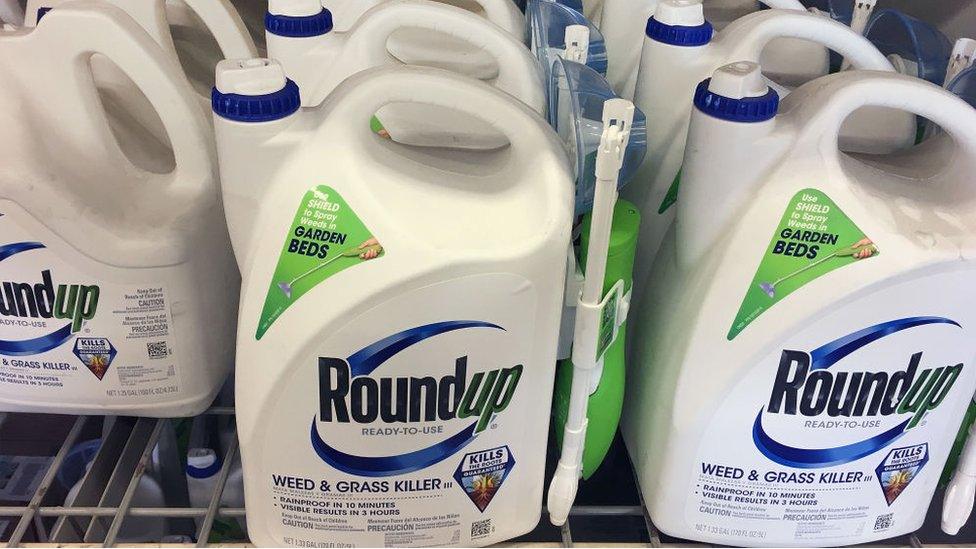
- Published11 August 2018
